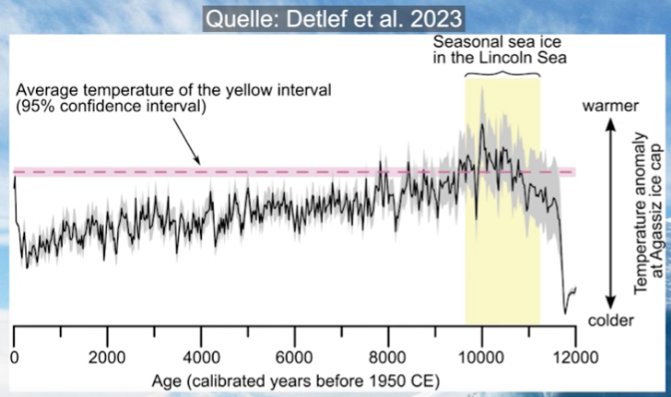Via: https://www.wired.com/story/climate-change-will-not-make-us-nicer/
By MANDA KOLSON HURLEY
03.20.1807:00 AM
CLIMATE CHANGE WILL NOT MAKE US NICER
This story originally appeared on CityLab and is part of the Climate Desk collaboration.
In 1748, the French philosopher Montesquieu published The Spirit of the Laws, a survey of political systems that argued for the separation of powers and citizens’ rights to due process. It was quickly translated into multiple languages, and Montesquieu’s ideas about liberty had a strong influence on the framers of the American Constitution.
In the book, after discussing taxes and before considering slavery, Montesquieu set out a theory that climate differences help to shape human societies. Based on pre-modern medicine, Montesquieu believed that cold air constricts the body’s “fibers” and increases blood flow, while warm air relaxes those same fibers. “People are therefore more vigorous in cold climates,” he wrote. “This superiority of strength must produce various effects; for instance, a greater boldness, that is, more courage; a greater sense of superiority… .”
More than two centuries after Montesquieu, the notion that climate molds character is getting some support from modern science. A report published in November in the journal Nature Human Behaviour claimed that ambient temperature (that is, the temperature of the surrounding environment) is a “crucial” factor associated with an individual’s personality. The paper—by a team of psychologists based in China, Australia, the United Kingdom, and the United States—found that, compared to people who grew up in areas with more extreme temperatures,
individuals who grew up in regions with more clement temperatures (that is, closer to 22°C) scored higher on personality factors related to socialization and stability (agreeableness, conscientiousness, and emotional stability) and personal growth and plasticity (extraversion and openness to experience).
The report concluded that as global climate change continues, “we may also observe concomitant changes in human personality,” with the caveat that the extent of such changes “await[s] future investigation.”
Why would the outdoor temperature influence our personalities? The hypothesis seems almost too simple: In comfortably warm weather, we are more likely to go outside, where we encounter other people and engage in a wider range of activities. But in cold or very hot weather, we tend to stay indoors, where our social interactions and activities are more limited.
“It’s kind of an intuitive finding,” acknowledged Jason Rentfrow, a social psychologist at Cambridge University and one of the authors of the report. “But I think the reality is that only recently, with the advent of the internet and academic researchers’ reliance on it as a method for gathering large amounts of data, were we able to begin to empirically examine some of these ideas.”
To arrive at this conclusion, the researchers ran two separate studies assessing the personalities of subjects in China and the United States. In the first one, 5,587 university students from across China completed a personality survey online. In the second, 1,660,638 Americans filled out a survey in return for a customized personality evaluation.




